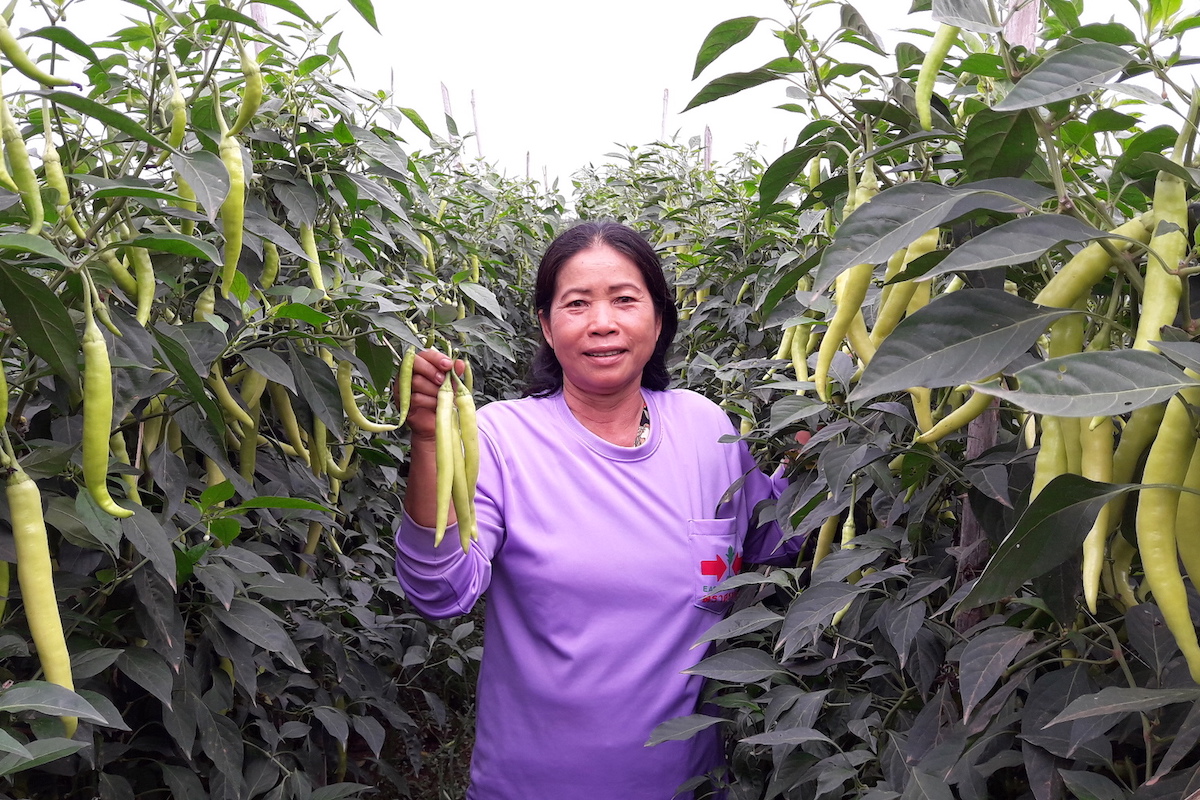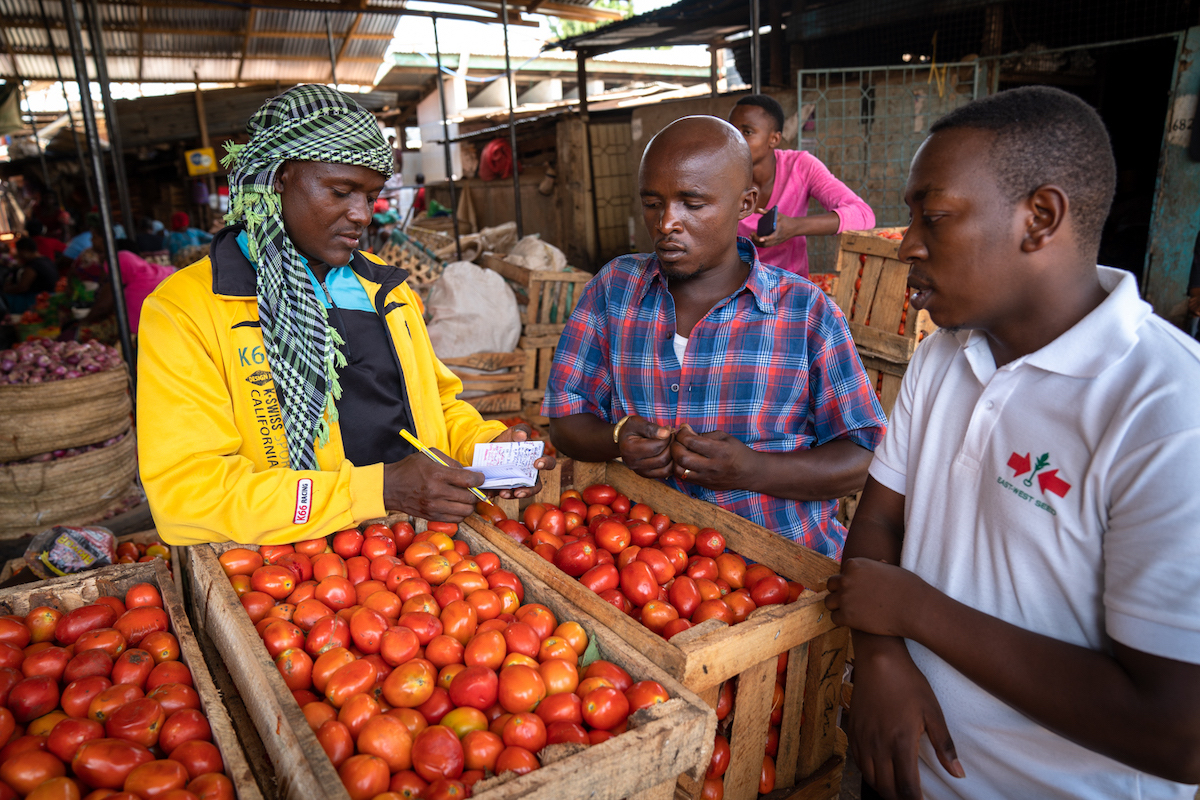Simon Groot, 2019 World Food Prize Laureate and founder of East-West SeedSimon Groot explores how better vegetable seeds and farming practices lead to greater yields, higher value, and improved global health.
I have spent half of my life working with small farmers in the tropical regions of Asia, Latin America, and Africa to bring vegetables to the world. During this time, I have witnessed firsthand the broad impact that a simple vegetable seed can have, from creating economic opportunity for farmers to improving the health of a nation’s population. Vegetable farming is a simple path to development that deserves greater attention.
Next week, I am excited to attend the Borlaug Dialogue International Symposium, where I will receive the 2019 World Food Prize. It is a humbling experience to receive such a prestigious award, particularly when so much of the credit goes to my colleagues at East-West Seed, our many partners, and above all, the small farmers who have transformed my vision into a reality.
When I first visited Southeast Asia, I learned from the experiences of small farmers, many of them women, who struggled to make a living with field crops, like corn and rice. While vegetable seeds were available, they were often imported from the West, making them not only expensive, but also risky, because they had not been bred for tropical climates. For small farmers with limited financial resources, making this transition was simply not viable.

A flourishing crop in Thailand.
As a result, I saw an opportunity to create a market for hybrid vegetable seeds that were bred specifically for that region. Small farmers had traditionally saved seeds from season to season, which resulted in lower yields. Given the higher cost of new vegetable seeds, making the case for these farmers to change their approach was no easy task.
To get the most out of their investments in vegetable seeds, we knew that educating small farmers about modern agricultural techniques was critical. Over time, these small farmers saw that by investing in quality vegetable seeds and adapting their practices accordingly, they could produce greater yields and command higher prices for their harvests.
This economic benefit created a “ripple effect,” as small farmers were able to put more money back into their farms and send their children to better schools. The success of this model became the basis for our Knowledge Transfer program, which now trains some 100,000 farmers each year.

Assessing the produce at a Tanzanian market.
Omere Marion is a vegetable farmer in Abekroase, a mining community in the Western Region of Ghana.
“The training offered me the opportunity of realizing the challenge that others run away from is the one worthy of pursuing,” Mr. Marion says. “Now others look up to me to advise them on their cropping concerns. As long as there are people to consume vegetables, we will have customers,” he adds.
In addition to improving economic opportunity, vegetable growing is essential to feeding the world and making it healthier. Recent studies suggest that some two billion people do not get the vitamins and nutrients they need—a direct result of over-reliance on field crops. This is unsurprising, since researchers estimate that agriculture produces only one-third of the recommended amount of fruits and vegetables, yet it over-produces whole grains by 25 per cent.
While field crops provide calories and have helped combat world hunger, the science of nutrition has advanced significantly in recent years. We now recognize that our parents were right – ‘eating your vegetables’ is the foundation of global health, particularly for children. By breeding quality, hybrid vegetable seeds for small farmers in tropical regions of Asia, Africa, and Latin America, we are ensuring that more people have access to more varieties of vegetables than ever before.

A bumper pumpkin crop in the Philippines.
As we confront increasingly urgent challenges like climate change, mass migration, and food security, a simple vegetable seed can truly create a global impact. It’s estimated that small farmers produce about a third of the world’s food supply, and will therefore play a pivotal role in addressing these interconnected issues. Equipped with quality seeds and advanced techniques, the next generation of vegetable growers will be the drivers of a “Vegetable Revolution” that changes the way people eat. Focusing development efforts on something as fundamental as food is a natural approach to building healthier, more resilient societies.
Over the past four decades, East-West Seed has reached more than 20 million farmers in 60 countries. In the next four decades, we hope to reach millions more.
From seed to harvest to market to table, we believe in the power of vegetables to change the world.



